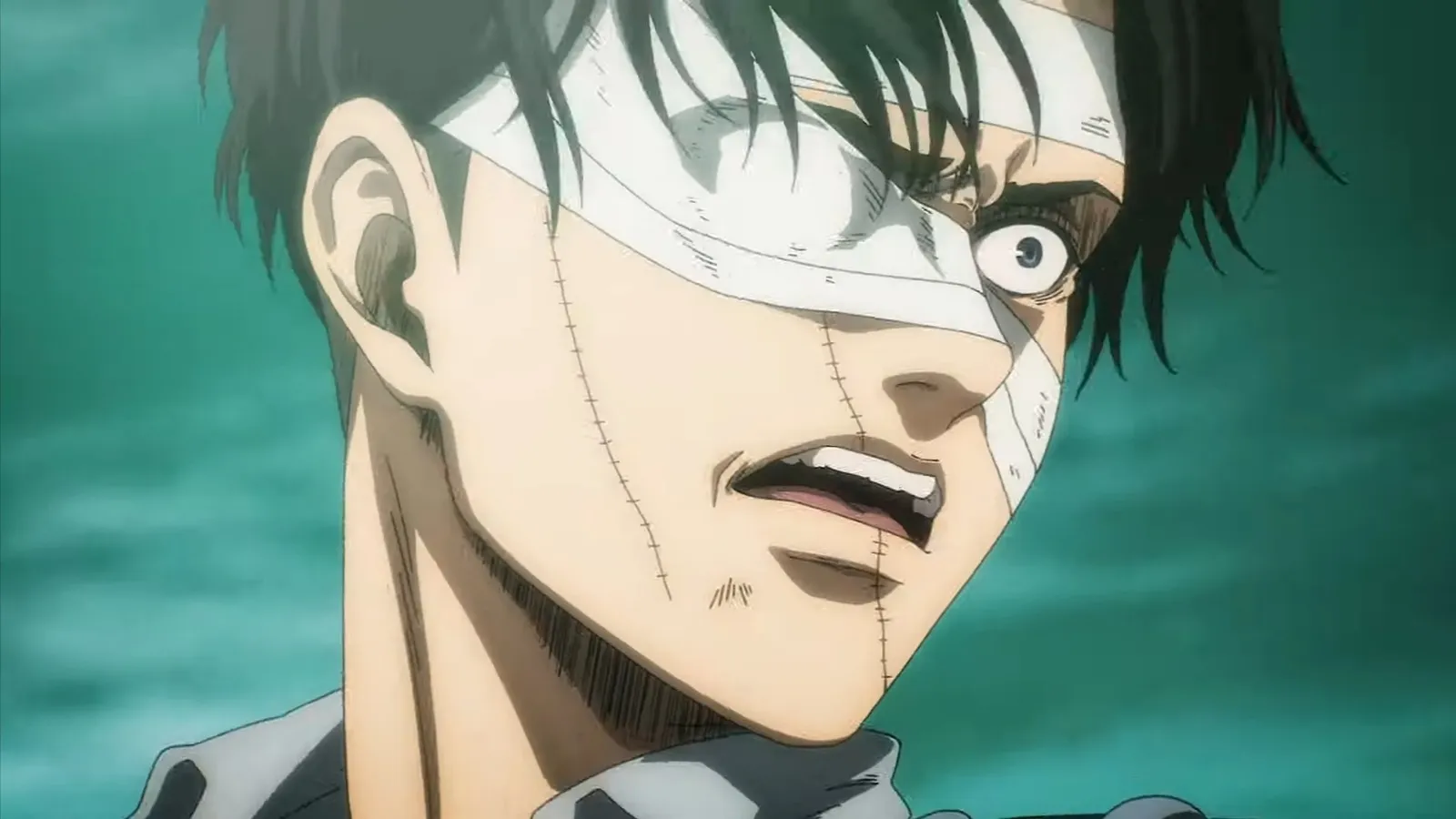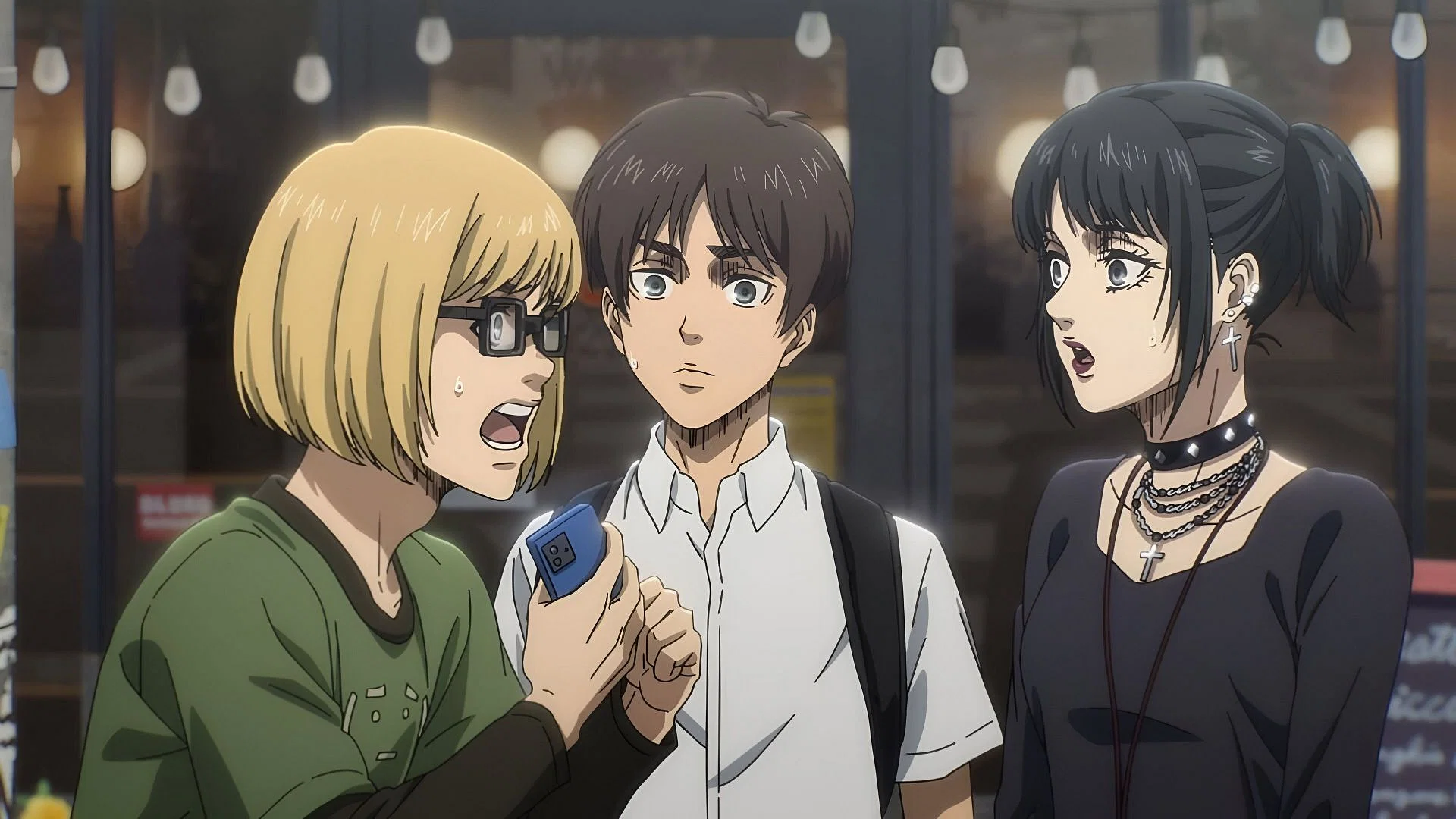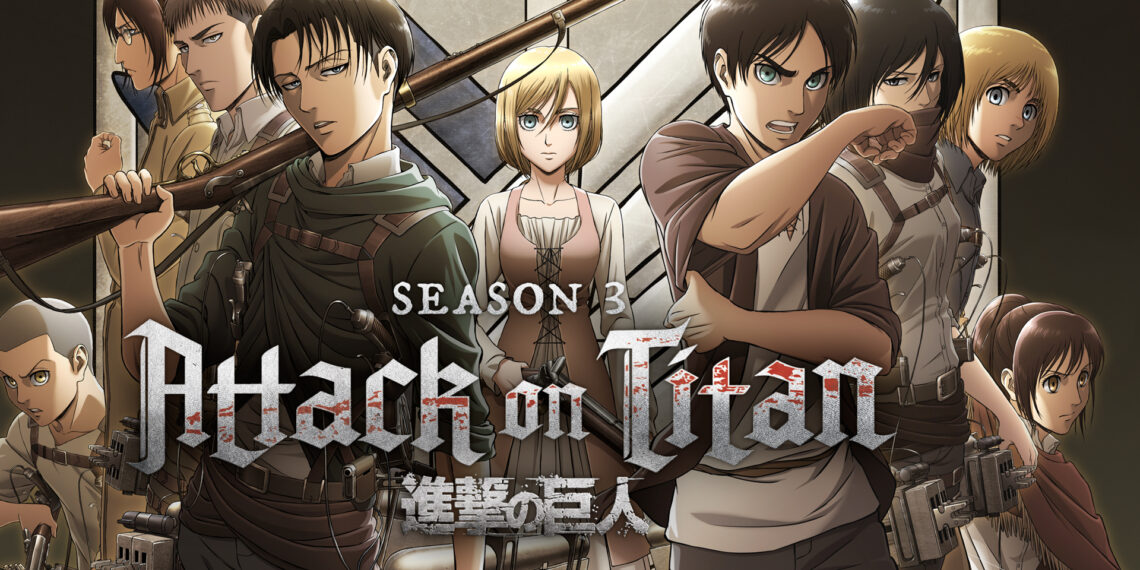In a significant move, the Chinese government has banned 29 anime series, including the highly popular Attack on Titan, claiming that these series “glorify rebellion” and promote “foreign influence.” The decision is part of a broader crackdown on media content that the government deems inappropriate or dangerous to national morals. This ban follows China’s increasing efforts to control the types of media that can be consumed by its citizens, particularly content from foreign sources.
The series blacklisted by the Chinese authorities include some of the most famous anime worldwide, such as Attack on Titan, Tokyo Ghoul, and The Promised Neverland. These shows have been accused of presenting violent themes, challenging authority, and undermining traditional values. Critics argue that such series may influence younger generations in ways that conflict with the country’s official ideologies and cultural norms. As part of the government’s push for cultural conformity, China continues to prioritize content that promotes patriotism and aligns with its social and political objectives.
Media Control and Censorship in China

China’s control over media and entertainment is not new. The government has long maintained strict oversight of television, film, and online content, with particular emphasis on regulating foreign material. This latest ban on anime highlights how the government is expanding its reach into digital platforms, where anime has seen a rapid rise in popularity. Streaming services like Bilibili and Tencent Video, which have become go-to platforms for anime fans in China, are now tasked with adhering to increasingly stringent content regulations.
The censorship of anime also aligns with China’s broader strategy of controlling how the younger generation engages with media. Officials have raised concerns about the impact of foreign culture on Chinese youth, viewing it as a potential destabilizing force. By limiting access to popular international media, the government aims to protect its cultural identity and prevent the spread of ideas that it deems harmful or subversive. The move is a clear signal that China is willing to exert more power over both the content and the platforms that distribute it.
Global Reactions and Impact on International Markets

The ban has sparked outrage among international fans, who view the censorship of anime as an infringement on artistic freedom and creative expression. Many have criticized the Chinese government for its heavy-handed approach, particularly in light of the popularity of anime across the globe. Fans of Attack on Titan and other banned series are upset that content they love will no longer be available in the region.
At the same time, the ban raises important questions about how censorship affects the global media landscape. As anime continues to grow in popularity outside of Japan, the ability of governments to restrict access to international content is becoming a major issue. While some argue that China has the right to regulate content within its borders, others believe that the move represents a dangerous trend toward cultural isolationism and government control over entertainment.
Also Read: Top 10 Historical Anime You Should Watch Right Now




